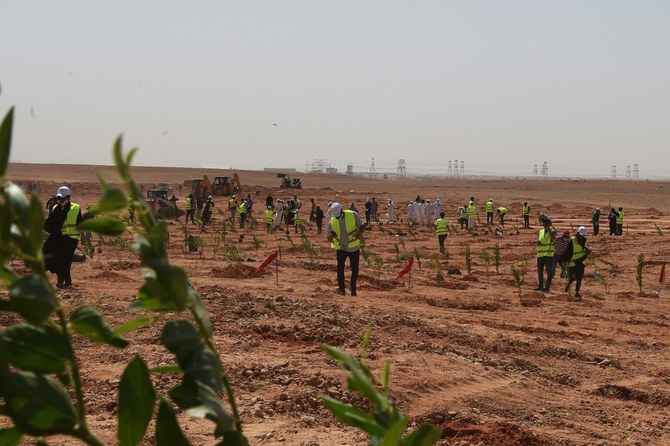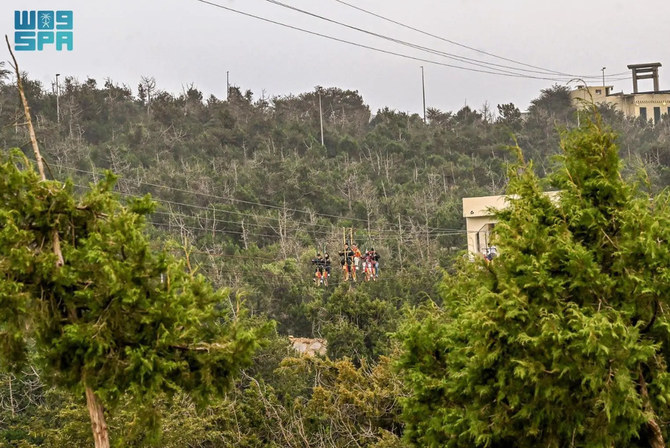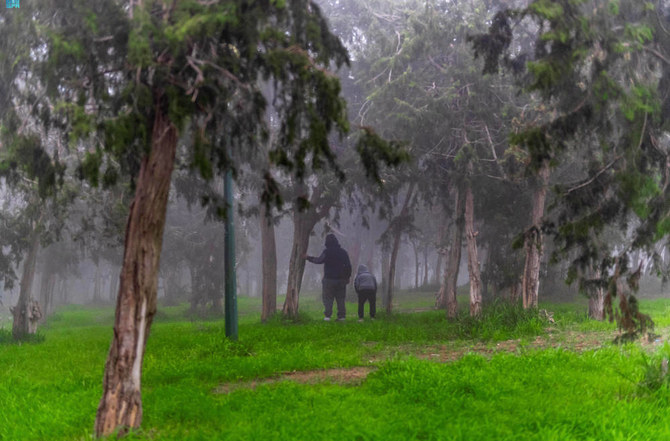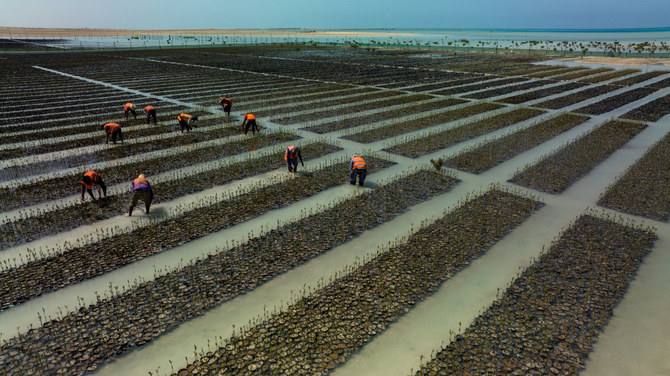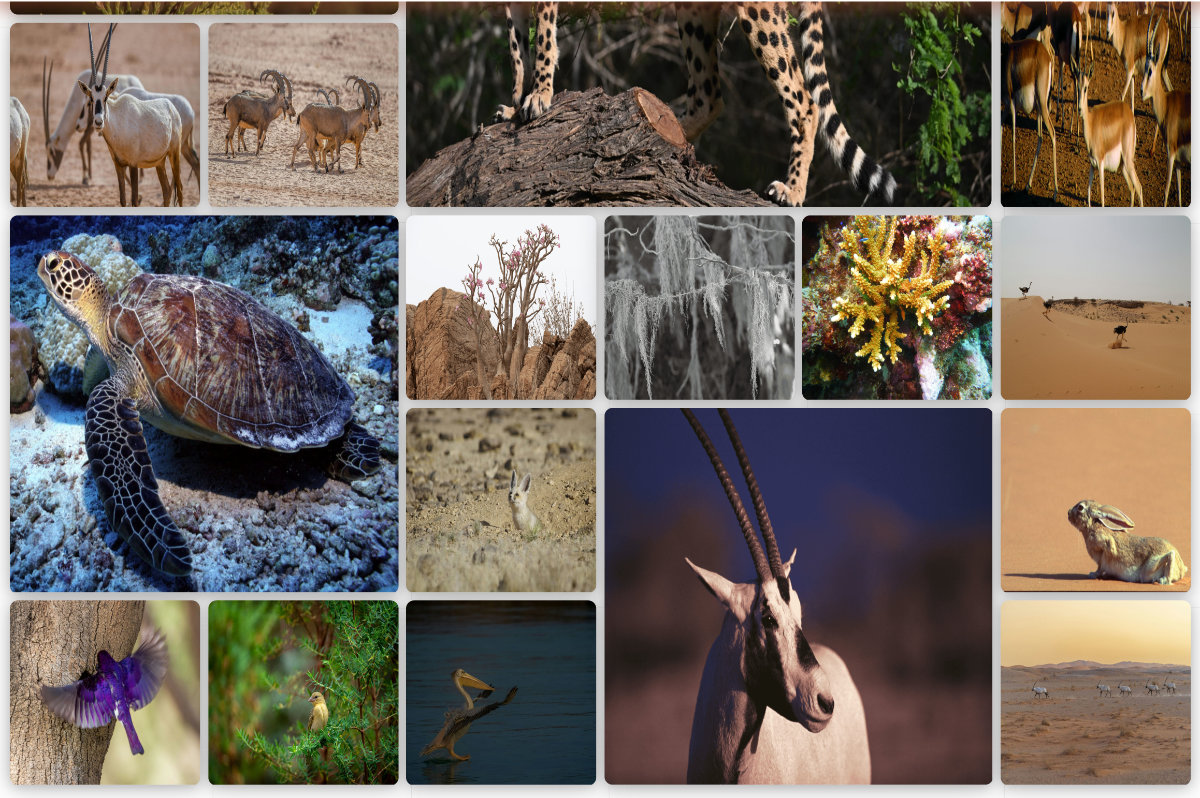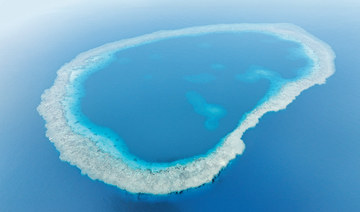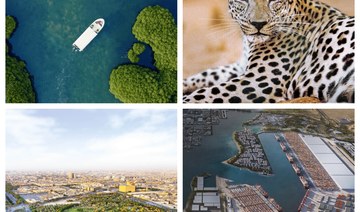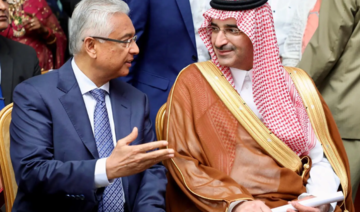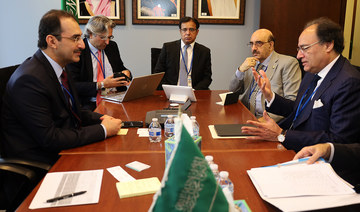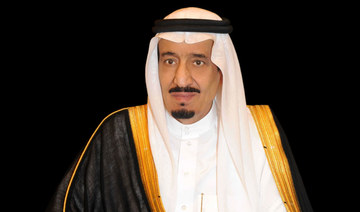JEDDAH: Charity platform Ehsan has received SR260 million (($69.3 million) in donations in the first 24 hours of its launch.
King Salman, Crown Prince Mohammed bin Salman, philanthropists and companies are among those supporting Saudi Arabia’s latest national charity campaign.
Among the largest donations received are: SR40 million from Waqf Sulaiman Al-Rajhi; SR25 million from the late Sheikh Mohammed Abdulaziz Al-Rajhi’s charities Nama and Ataa; SR15 million from Saudi Aramco; SR10 million from Saudi Telecom Co.; SR7 million from Al-Rajhi Bank, and SR5 million each from Saudi Basic Industries Corp. and Saudi National Bank.
The donations, which continue to be made, will benefit hundreds of thousands of people.
Ehsan is designed to be easily accessible to all of the Kingdom’s residents, allowing them to donate to causes such as renovating and furnishing the homes of the needy, giving food baskets to families, providing care for the elderly, helping dialysis patients, and housing orphans.
Each cause has a set limit and users can select which area to donate to and follow the progress of their contributions.
Ehsan has also integrated other charities’ services into its systems: Furijat, an Interior Ministry platform to help prisoners convicted of financial crimes, and the King Salman Humanitarian Aid and Relief Center.
It also allows users to pay Zakat, a form of almsgiving treated as a religious obligation or tax that covers immediate needs such as food, water, shelter and medicine for those in need.
FASTFACTS
Among the largest donations received are:
SR40m Waqf Sulaiman Al-Rajhi
SR25m Nama and Ataa charities
SR15m Saudi Aramco
SR10m Saudi Telecom Co.
Ehsan CEO Abdulaziz Al-Hammadi told the Al-Ekhbariya news channel that the campaign’s initial results had been exceptional, demonstrating the extent of giving from members of the community as well as their social solidarity.
“More than 2 million visited the site in the first four hours of the launch of the website, with more than SR70 million donated by private citizens alone so far,” said Al-Hammadi. “Through the platform, more than 500,000 people have promptly benefitted from the donations and more than 300 causes have reached their goals.”
Ehsan acts as a safe and legal way of donating money to worthy causes, with people putting their money into trusted hands.
Jameel G., a 67-year-old retired businessman, has traveled to a number of East Asian countries during the past four decades and made strong bonds and connections in a number of Muslim provinces and regions.
He said that, through this network, acquaintances would ask for help to build water wells or mosques in poor communities.
Over time, and amid less frequent traveling, he observed that construction prices were increasing and so were the funding demands. Also, the final results of the projects were not what were initially agreed on.
“Though most of my contacts are good and trustworthy people, it’s the third parties that I found to be making these demands and something was off,” he told Arab News. “The moment I found (out) that the money I was sending was swindled was when two mosques were being built at the same time and the pictures that I received were one of the same, same surroundings, same white-washed exterior and details. This incident happened 10 years ago and that was the last time I did any kind of philanthropic work.
“As I’m not very tech-savvy, I’ve requested the help of my daughter to show me how I can use the Ehsan platform to donate and I’ve also encouraged many of those I know who would like to donate money to go through the system. Too many Saudis have lost money with the aim for it to go to a good cause. It isn’t right. It’s not the Muslim way. Ehsan relieves us from that burden.”
Ehsan was launched on Friday by the Saudi Authority for Data and Artificial Intelligence (SDAIA).
The platform aims to promote the values of charitable work in Saudi society by encouraging donations and developing the nonprofit sector, increasing its efficiency and reliability, and contributing to enhancing the reliability and transparency of charitable and development activities.
SDAIA president, Abdullah Al-Ghamdi, said Saudi Arabia had been a pioneer in the charity field since the nation was founded by King Abdul Aziz.
“The Ehsan platform was established to help donations reach their beneficiaries easily, conveniently and promptly,” he added. “It is considered the latest advanced technological initiative, with the highest professional standards that supports and organizes charitable work in the Kingdom.”











